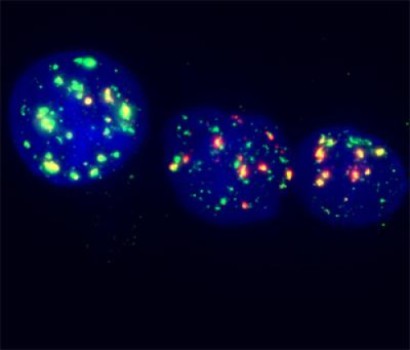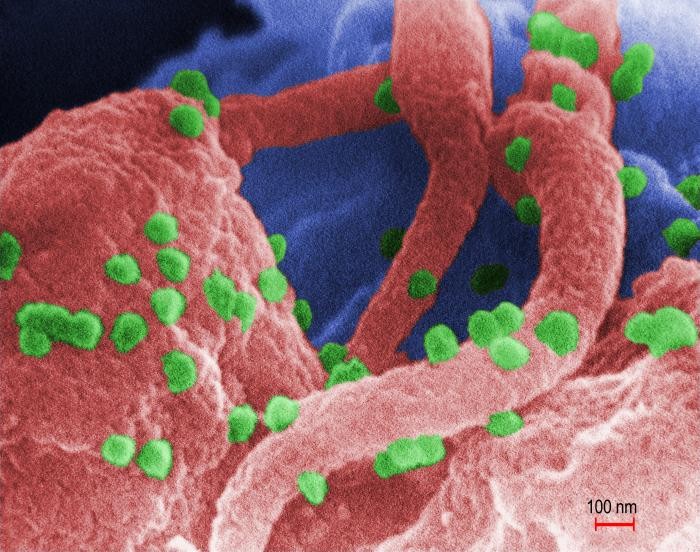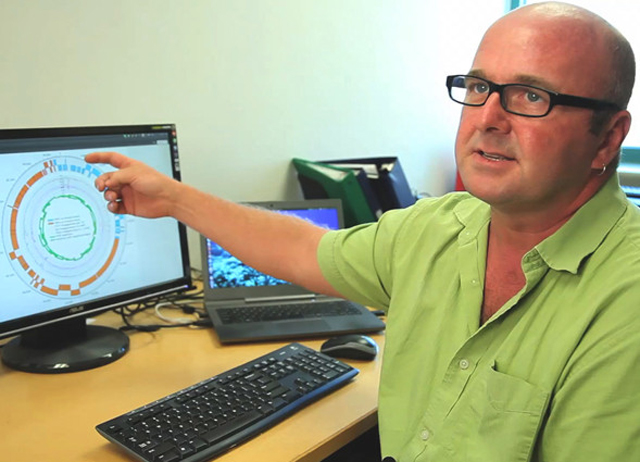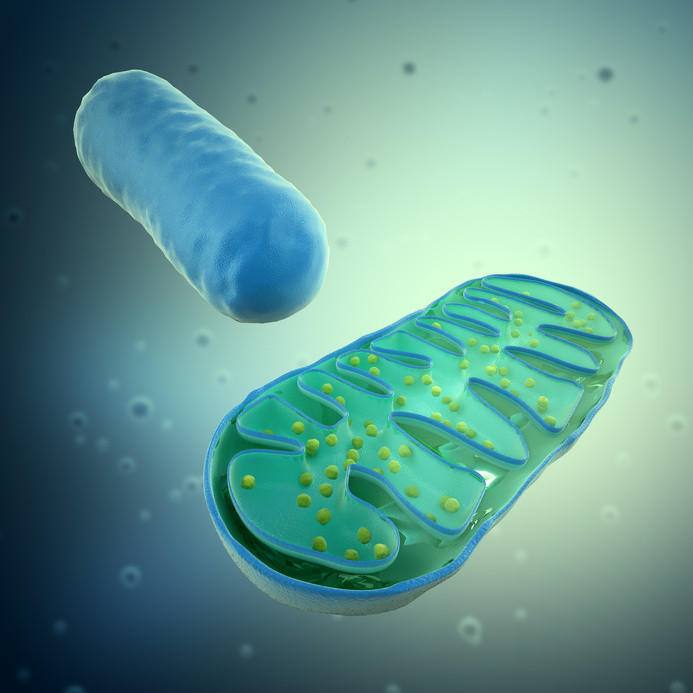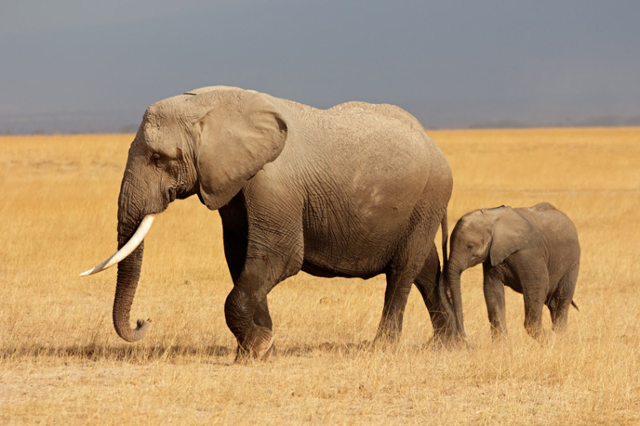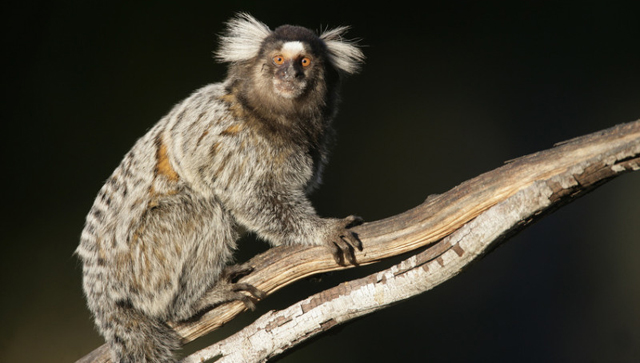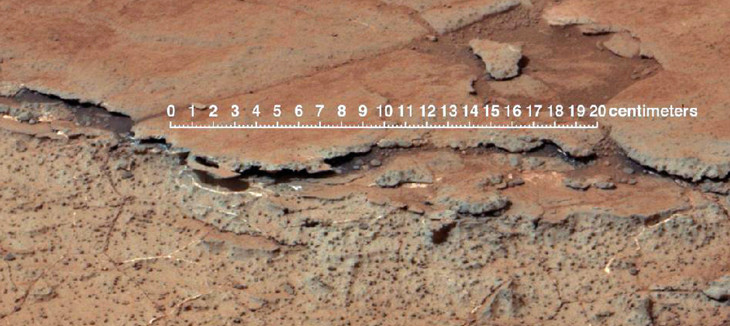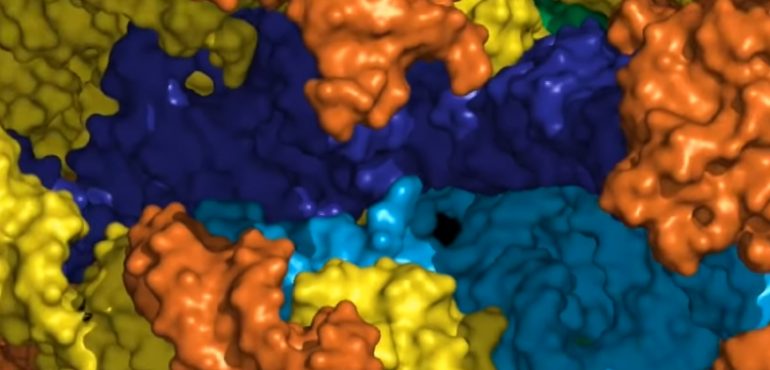Researchers have developed a simple and versatile method for making artificial anti-cancer molecules that mimic the properties of one of the body's natural defence systems. The chemists, led by Professor Peter Scott at the University of Warwick, UK, have been able to produce molecules that have a similar structure to peptides which are naturally…
Read more
Self-assembling anti-cancer molecules created in minutes: Like a self-assembling ‘Lego Death Star’


